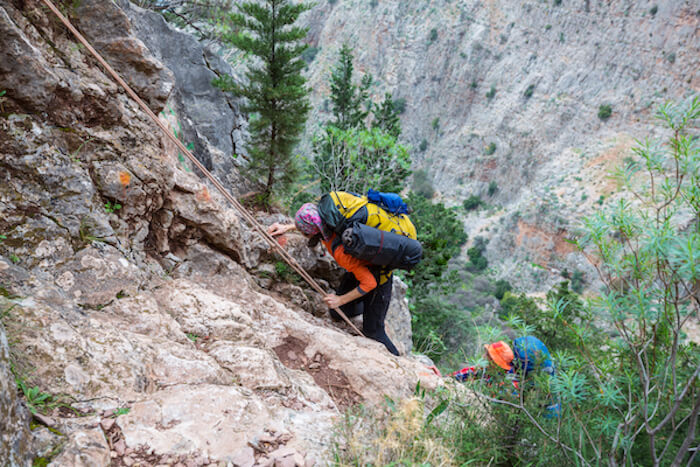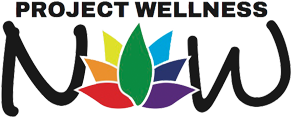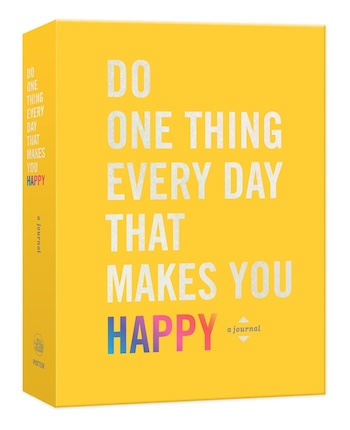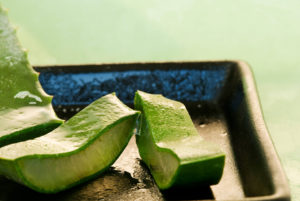“The moon and sun are eternal travelers. A lifetime adrift in a boat, or in old age leading a tired horse into the years, every day is a journey, and the journey itself is home.”

Thus begins Narrow Road To The Interior — a travel diary of linked prose and haiku penned by the illustrious 17th-century poet Matsuo Basho. Though now published as a book, the poems and reflections began simply as a journal, with entries describing various aspects of Basho’s 150-day journey on foot through the Japanese countryside.
This is just one of many examples of how journaling can become uniquely your own. The ways of keeping a journal are as numerous as there are human beings on the planet: each with his or her own unique voice, unique point of view, unique passions, and experiences. (Just for fun, you can follow this link to take a peek inside the journals of several well-known authors, artists, and visionaries.) The classic “Dear Diary” format is just one of many journal-keeping styles. Here are just a few others to consider …

A JOURNAL AS A TRAVELOGUE
Basho’s diary — described above — is just one example of this. Any inspiring (or even tediously boring) trip can be made even richer by journaling along the way. Whether it’s a pilgrimage to a sacred site, a scientific expedition, a team trip to an international sporting competition, or simply returning to your hometown for the holidays — the experience can easily become creative “fuel” for your journaling endeavor.
JOURNALING AS COMMUNION WITH THE NATURAL WORLD
The nourishing beauty and mystery of the natural world is a readymade source of journaling inspiration. David Henry Thoreau’s reflections upon simple living amidst the trees became the classic Walden or Life In The Woods. Annie Dillard’s Pilgrim At Tinker Creek is based upon her journals. Another book — Holy The Firm — grew out of Ms. Dillard’s decision to describe, and jot down in her journal, everything that happened within just a three-day period on the island where she was staying.
Any time you’re going on a hike, a backpack or camping trip, or a road trip through a mountain pass, consider taking a journal with you. Don’t be shy about singing the praises of towering redwoods, the northern lights, or how a bumblebee so delicately draws nectar from the heart of a flower, right in your backyard.

KEEPING A DREAM JOURNAL
The recording of dreams is a time-honored practice and a fantastic way to use a journal. The dream world has its own rules and rhythms, and its images can easily slip away the moment we first open our eyes in the morning. So keep your journal on a nightstand close to your bed, and record what you remember of your dreams first thing upon waking.
While some dreams are simply a jumbled rehashing of the events of the day, others are rich with creative insights, solutions to problems, clues to potentially fruitful new directions. So a dream journal can be used not only to record dreams — but also to enter into conversations with them, to creatively elaborate upon their meanings, and pose new questions … whose answers will perhaps appear in the next night’s dream?
JOURNALING AS SUPPORT FOR YOUR SPIRITUAL PATH
A journal is a great place to reflect upon inspiring passages or verses from the scriptures most near and dear to your heart. Whether it’s the Tao Te Ching, the Upanishads, the Bible, the Quran, the Dhammapada, or some other collection of deep wisdom — jotting down a verse and then a few paragraphs or pages describing how you understand the verse, how it affects you, and how you can apply it in your daily life, can be a beautiful daily practice.


KEEPING A RUNNER’S (OR YOGI’S OR CLIMBER’S) TRAINING JOURNAL
Keeping a journal is a great way to track your progress and aspirations for whatever activity you are most passionate about. If you’re a runner, hiker, or climber, you can record the routes that you have traversed; the external conditions encountered; and the internal physical, mental, and emotional experience of running, hiking, or climbing that particular route. Similarly, yoga or martial arts practitioners can benefit by recording their journal-specific practice sequences; classes or workshops attended; monthly or yearly goals and aspirations; along with new insights and openings.
JOURNALING AS SUPPORT FOR EMOTIONAL PROCESSING
Writing about our “issues” — about our unique emotional challenges — can, in and of itself, be deeply cathartic. Writing down what we’re thinking and feeling, and then reading it back to ourselves can oftentimes help us see more clearly what’s really going on. Some fantastic journaling-based emotional-processing protocols can be used as support: e.g. Leslie Temple-Thurston’s Polarity Processing, and Byron Katie’s The Work.

OTHER UNIQUE & CREATIVE WAYS TO JOURNAL
As we’ve said, the sky is the limit, in terms of how to use your journal. Entries can be long and winding, or they can be as brief and to the point as a haiku. They can be deeply personal, poignant, and whimsical. They can wax poetic, or philosophical — or be downright wacky, outrageously and marvelously playful. They can include biting political commentary, or love letters to strangers. They can be eminently practical, or launch-pads for flights of imagination. Here are just a few more of the infinity of possible ways to use your journal:
* To set intentions for the day. A kind of “bucket list” of things you intend to accomplish: activities, events, or qualities of heart-mind-spirit.
* A record of life from the point of view of your dog, cat, or other pet. Intuitively seeing the world through their eyes, seriously and/or humorously (think: Gary Larson’s Far Side animal cartoons).
* A kitchen log of culinary adventures. A chronicle of new recipes tried, successes and failures alike.
* To track the step-by-step recovery from injury or illness. Your own or that of a loved one, including, perhaps, contemplations on life, death, and the miracle of the human body.
* A celebration of Random Acts of Kindness. A record of moments when we lend a helping hand, say a kind word, or extend support and generosity for no reason other than because: we’re all in this together!
BON VOYAGE!
So have fun beginning — or continuing, with a new twist — your unique journaling adventure!
YOU MAY ALSO LIKE:
HOW TO USE A FOAM ROLLER AND IMPLEMENT IT INTO YOUR WORKOUT
By Kevin Jones If you are new to fitness, you may have heard someone recommend that you try foam rolling as a…
CROOKED TEETH IN CHILDREN? HERE IS WHAT YOU CAN DO
By Emily Taylor When children lose their first few teeth, it can be a very exciting time for them, but it is…
SWEAT DOESN’T DEFINE A GREAT WORKOUT
By Kevin Jones Sweating is almost inevitable when working out. You might be one of those who soak their clothes with sweat…
THE HISTORY & BENEFITS OF MATCHA
Matcha – the finely ground powder of shade-grown green tea leaves–is a longtime favorite among meditators and yoga practitioners, for the…
YOUR SKINCARE SUPER-HERO: THE MYRIAD BENEFITS OF ALOE VERA
THE SKIN: OUR LARGEST ORGAN Did you know that the skin is our largest organ? It’s true! And because it’s our…
WHAT IS QI? – AN INTRODUCTION TO SUBTLE LIFE-FORCE ENERGY
If you practice qigong or martial art—or have received acupuncture treatments—or have an interest in Feng Shui—then you’ve probably at least…








